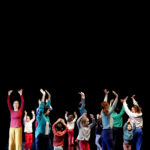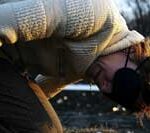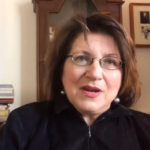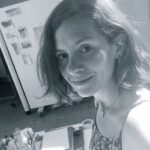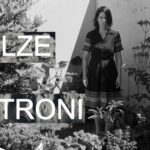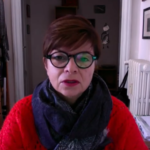Stay With Me è un collettivo temporaneo internazionale composto da artisti e curatori che si sono dati lo scopo di riflettere sul senso dell’arte.
In particolar modo, in seno alla situazione pandemica e a tutta la liquidità e instabilità sociale che stiamo vivendo, l’invito che intendiamo porre è ad un impegno forte dell’arte, di chi la pratica e di chi la cura, nei confronti della Comunità che vive un momento di turbamento, sofferenza, disorientamento e polarizzazione.
Questa giornata si pone come momento dialettico e aperto tra relatori ed artisti, e i partecipanti, che si confronteranno sia in merito alle riflessioni teoriche ritenute più stimolanti nel panorama critico e filosofico contemporaneo, sia in merito alle pratiche artistiche e alle loro infinite potenzialità
Il forum, che alterna momenti laboratoriali e riflessioni teoriche e curatoriali sulla pratica artistica e la sua funzione sociale in tempi post-pandemici, è una proposta inedita del collettivo internazionale Stay with me per MAD

